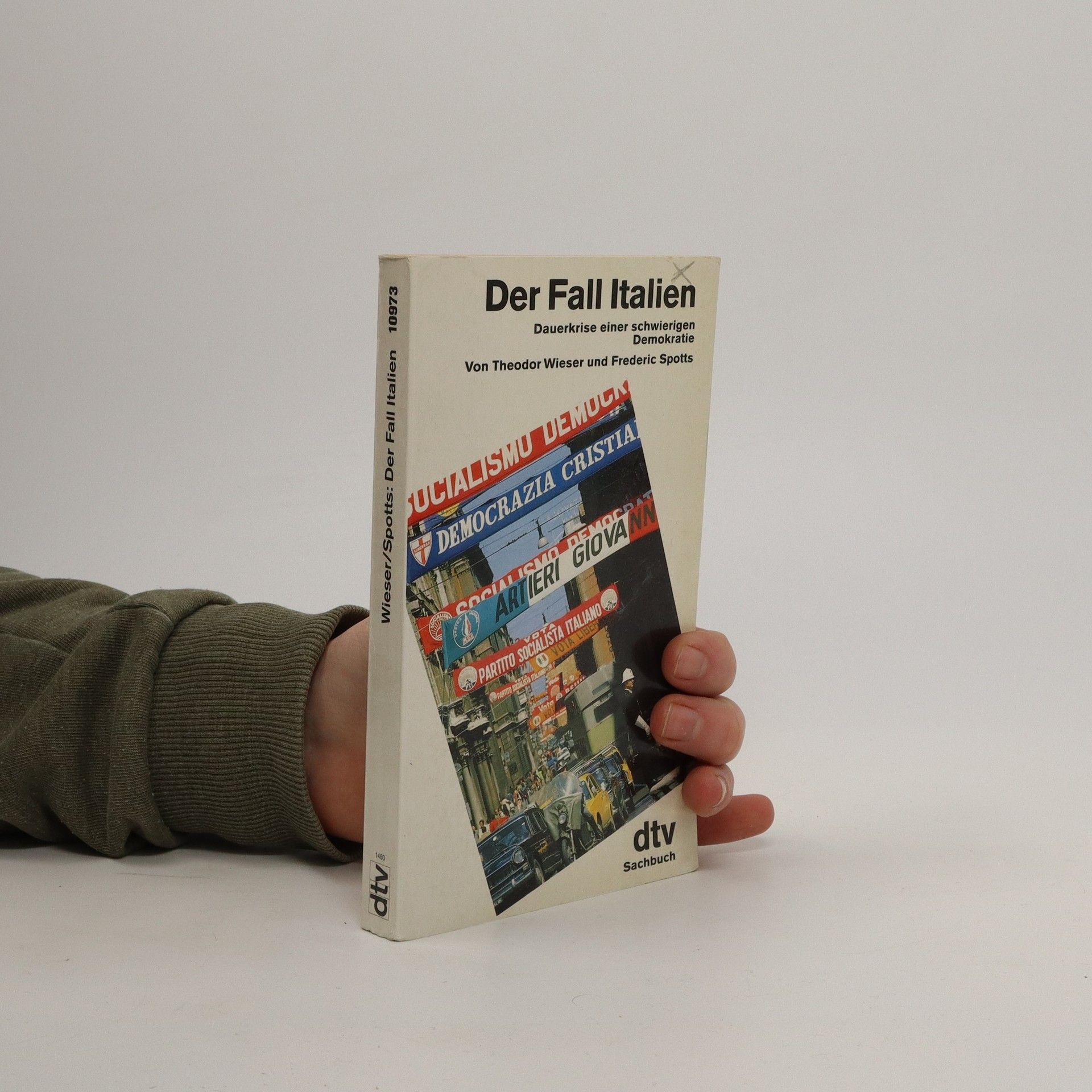Hitler's aims and motivations have been reassessed to examine his perverse obsessions and show how his artistry destroyed any sense of individuality and linked the German people with his own drives. Topics covered include Wagner's operas and the German Autobahn system.
Frederic Spotts Livres
1 janvier 1930



Bayreuth
- 359pages
- 13 heures de lecture